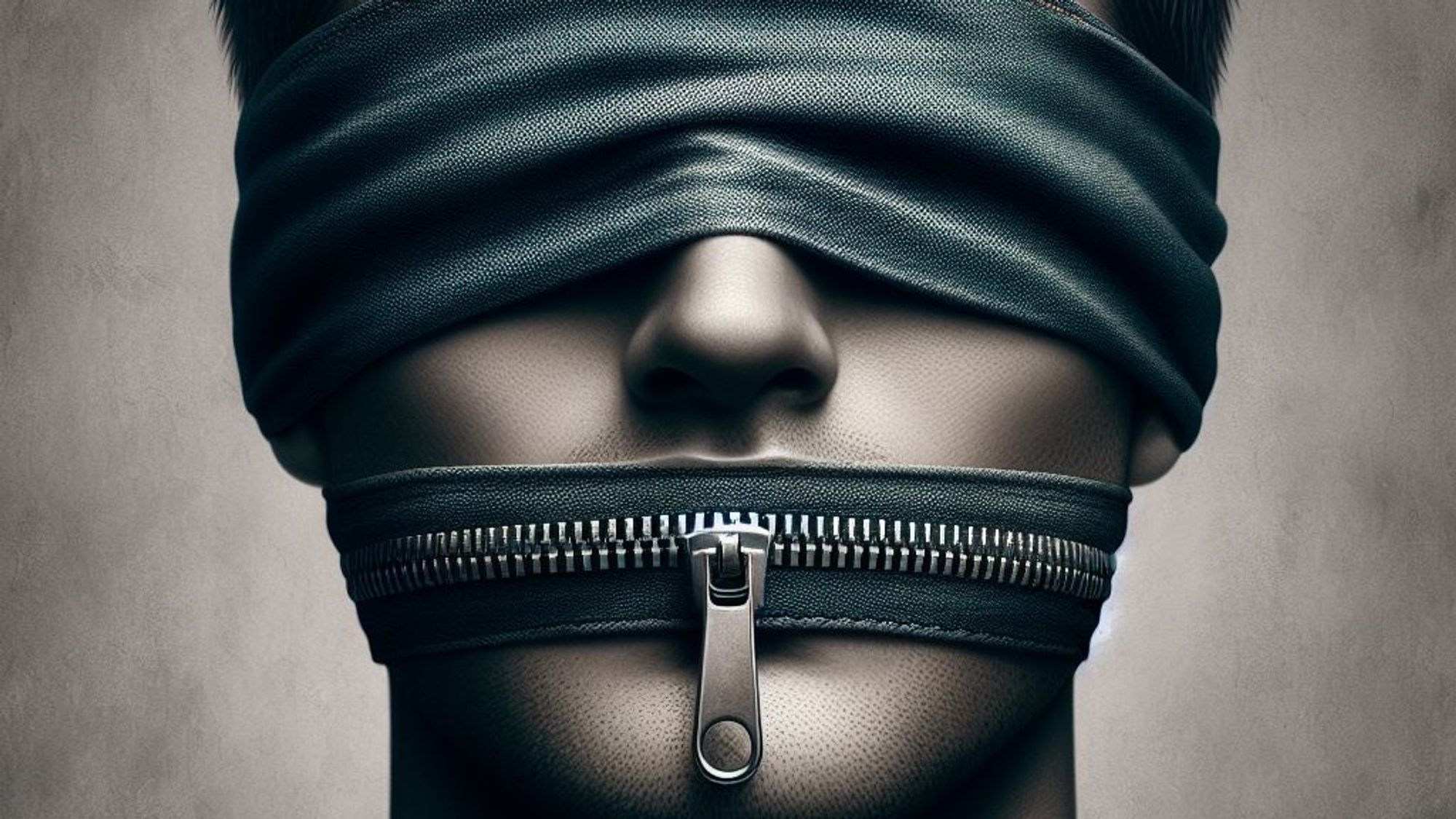Bad information or no information - what is the worst way to go forward?
date
Mar 5, 2024
slug
2024-bad-information-or-no-information-what-is-the-worst-way-to-go-forward
status
Published
tags
freedom of speech
disinformation
government surveillance
online censorship
UK
type
Post
summary
Tackling disinformation may be opening the door for the UK government to create a surveillance apparatus. Is there a satisfactory balance between freedom of speech and curtailing disinformation?

Free speech is a fundamental aspect of republican (not the American party, but the values spread by the French Revolution, the idea of the public interest, or publica res) liberal aspirations. However, the value of free speech has been increasingly challenged as disinformation overshadows societal discussions. Currently, in the UK, often hailed as the birthplace of free speech with roots dating back to the 17th century, the clash between free speech and disinformation is navigating a perilous path. How much censorship is acceptable to combat disinformation effectively?
The dichotomy between the freedom one has to express their views, as championed by John Stuart Mill among many others, has recently been cited as a defense by notorious disinformation purveyors. Figures like Donald Trump, Alex Jones, and others invoke the First Amendment of the US Constitution to defend their rights against being silenced - even when disseminating blatant falsehoods such as the “steal” of the 2020 presidential election or the baseless claim that the tragedy at Sandy Hook school was staged. Mill never envisioned free speech as a license to propagate lies, and traditionally, society has marginalized serial liars as lacking credibility.
However, we are not living in ordinary times. Madeleine Stone, Senior Advocacy Officer at Big Brother Watch, a respected watchdog and think-tank, argued in an article for the Academy of Ideas’ newsletter, that the British government has exploited the fissures created by disinformation to transform societal defenses into a surveillance apparatus devoid of transparency, supported by US technology giants. The initial efforts to counter Covid disinformation evolved into a system where Whitehall had the authority to define what constitutes misinformation, silencing critics, and leading to legislation that, according to detractors, has solidified surveillance and censorship under the pretense of safety. The expansion of this surveillance apparatus includes contracts with third-party services to monitor the online environment (I’ll be writing more about this).
The entity controlling the narrative holds sway over the debate. The definition of disinformation, complex at best, can create loopholes that allow disinformation agents to disseminate distorted narratives. Silencing individuals is not the solution to controlling fake news, even when it appears to be the sole remedy, such as witnessing a candidate like Donald Trump potentially winning an election based on a reality that exists solely in their echo chamber. The battle lines are drawn between advocates for surveillance and proponents of unfettered information flows that serve particular interests.
Addressing disinformation presents multiple challenges. One significant hurdle is the lack of consensus on who should devise a solution - the government, the market (or the entities dominating the information market), or NGOs like watchdogs and think-tanks. Another complication is legislation; the issue transcends national boundaries, making it difficult for legal systems to address actions originating outside their jurisdiction. Defining disinformation within the framework of free speech rights further complicates the issue, with authoritarian regimes more than happy labelling certain information "illegal," while disinformation agents claim persecution. Stone’s article serves as a wakeup call, reminiscent of past scandals involving the NSA in the US and Cambridge Analytica in the UK. Stay tuned, as this story is only beginning.